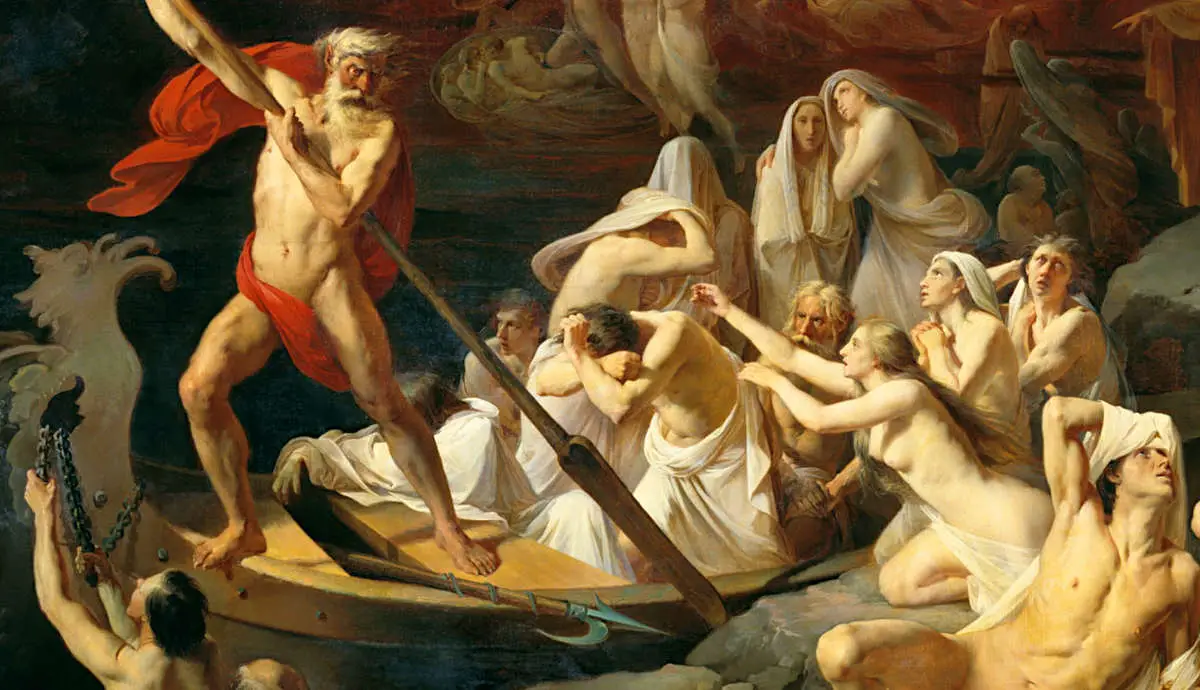Greek Mythology and Life after Death

Browse by Phenomena
View Popular Filters
he concept of an afterlife is not a novel one; many western religions, as well as south Asian and African ones, believe in some form of life after death. Its origins span from the ancient world and classical antiquity until today. Most often, the world of the afterlife is associated with Greek mythology, where it is called the underworld, or Hades.
According to the ancient Greeks, at the time of death, the soul separates from the body and is transported to the underworld, where it is accepted into the realm by the governing god Hades, who is known to reside at the edges of the ocean and under the deepest depths of the Earth.
Hades’ realm, as opposed to the kingdom of Mount Olympus, is virtually all gloom and darkness, solely inhabited by the dead. In Homer’s Odyssey, even the great warrior spirit Achilles in the nether world tells Odysseus that he would rather be subjugated as a landless slave than be the king of the underworld due to the dreary existence in the land of the dead.
Nonetheless, Greek mythology stresses respect for the dead due to the belief in the continued existence of the fallen after their spirit has passed on. In the 4th century, the Greek philosopher Plato asserted that the gods’ biggest reward to the dead is to have their memory remain in the minds of the living long after they are gone.
But what ritual did the dead undergo before burial and passage into the underworld?
View Original Article